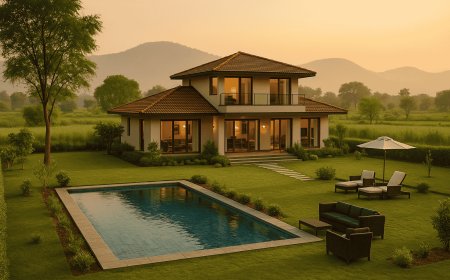Which Is Harder, Kilimanjaro or Everest Base Camp?
Compare the challenges of climbing Kilimanjaro and trekking to Everest Base Camp in this clear, honest guide. Discover which adventure tests your strength more — and why both are unforgettable.
I once stood under the stars in Tanzania, looking up at Mount Kilimanjaro. A year later, I found myself in Nepal, standing at the base of the tallest mountain in the world. Both treks were tough. Both were beautiful. But the big question kept coming back to me: which is harder Kilimanjaro or Everest Base Camp?
If you're planning a big trek and trying to choose between these two famous routes, let me take you on my journey and break it down in the simplest way possible.
Two Great Treks, One Big Decision
The Everest Base Camp trek takes you deep into the heart of the Himalayas in Nepal. You walk through Sherpa villages, swing across high bridges, and get close to Mount Everest itself.
Mount Kilimanjaro, on the other hand, is in Africa. Its the highest mountain on the continent. The goal is to climb to the top, Uhuru Peak, where the world feels silent and still.
Theyre both tough. But theyre tough in different ways.
Trek Stats You Should Know
Heres a look at the basic numbers for both treks:
Everest Base Camp Trek
-
Location: Nepal
-
Average Duration: 1214 days
-
Total Distance: Around 130 km (81 miles) round trip
-
Maximum Elevation: 5,364 meters (17,598 feet) at Base Camp
-
Type: Gradual hike through villages, with time to rest and adjust to the altitude
Kilimanjaro Climb
-
Location: Tanzania
-
Average Duration: 68 days
-
Total Distance: Around 6070 km (3743 miles)
-
Maximum Elevation: 5,895 meters (19,341 feet) at Uhuru Peak
-
Type: Fast-paced climb to the summit with quick altitude gain
At first glance, Kilimanjaro is shorter. But dont be fooled faster doesnt always mean easier.
Everest Base Camp: Slow and Steady
On the Everest Base Camp trek, your body has time to adjust to the high altitude. Each day, you walk 5 to 7 hours and sleep in teahouses run by kind locals. The trails are rough but not technical. You dont need ropes or gear just good boots and strong legs.
The hardest part is the thin air. As you go higher, even walking slowly can leave you breathless. But because you trek over many days, your body learns to handle it.
One emotional moment hit me in Dingboche. I saw an old Sherpa woman spinning prayer wheels. Her face was full of calm. She had lived her whole life in these mountains. In that moment, I felt small but also lucky to witness this world.
Kilimanjaro: Fast and Intense
Kilimanjaro is different. Its a mountain you climb quickly, often in under a week. You pass through five climate zones from jungle to snow in just a few days.
The toughest part? Summit night. You leave your camp around midnight and climb through the freezing dark for 6 to 8 hours to reach Uhuru Peak. The air is thin, and the path is steep. Many people get altitude sickness because the climb is so fast.
But when the sun rises and you stand at the top of Africa, the pain fades. You feel proud, cold, and full of life.
I remember crying a little up there not from sadness or joy, but from how powerful it all felt.
So, Which Is Harder?
Heres a simple way to see it:
-
Kilimanjaro is harder in a short burst. The altitude gain is fast, the summit day is brutal, and theres less time to adjust.
-
Everest Base Camp is longer and slower, with more days of hiking and a steady climb. The body adjusts better, but the length and cold can be tiring.
If youre not used to altitude, Kilimanjaro may feel harder. But if youre not used to walking day after day, Everest might challenge you more.
What About Cost and Comfort?
For many, budget matters too. Heres how they compare:
-
Everest Base Camp is more affordable. Teahouses are simple but cozy. Food is cheaper, and you can trek with or without a guide.
-
Kilimanjaro is more expensive. You must hire guides and porters by law, and park fees are high. Camps are in tents, and the weather can be wild.
Still, both are worth every rupee or shilling you spend. These are not just treks they are stories you'll carry forever.
One Trek, One Heart
No matter which you choose, you will grow. Youll walk with strangers who feel like family. Youll wake up to quiet mornings and fall asleep under stars. Youll learn to keep going, even when its hard.
I once asked a friend who had done both: Which one would you do again?
He smiled and said, Both. For different reasons.
Final Thoughts
So, which is harder Kilimanjaro or Everest Base Camp?
The truth is, they are both hard. And they are both beautiful.
Kilimanjaro pushes your body fast. Everest Base Camp tests your patience and spirit. One is a sprint. The other is a journey.
If youre looking for a life-changing adventure, you cant go wrong with either. Just be ready to walk, breathe deeply, and open your heart to the mountains.
They will leave you stronger than when you began.





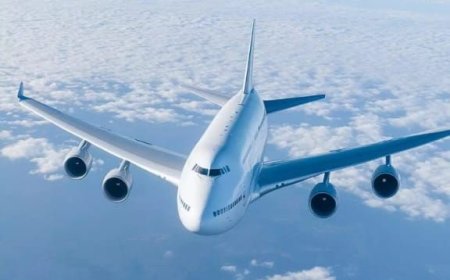
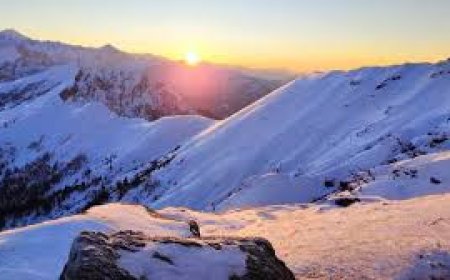
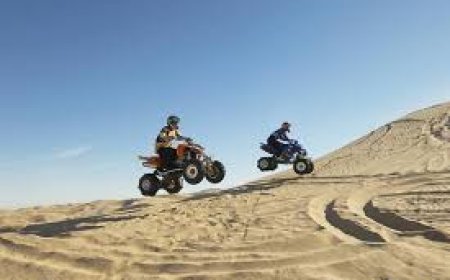
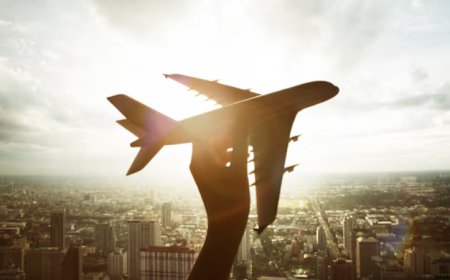












![Top 11 Real Estate Mobile App Developers in Riyadh, Saudi Arabia [2025 Edition]](https://www.philadelphialivenews.com/uploads/images/202506/image_430x256_68621a9e48997.jpg)









